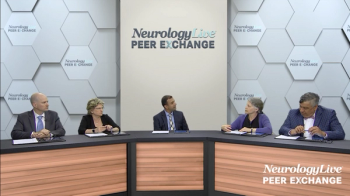
News

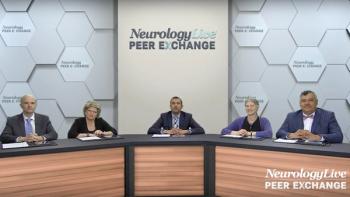









Current recommendations suggest screening for autism starting at 18 months, but parents are increasingly anxious about their children and a possible diagnosis.

Galcanezumab, an anti-CGRP antibody, is now the first approved therapy for the treatment of episodic cluster headache just 9 months after receiving approval for the preventive treatment of migraine.

The sleep specialist and neurologist at Boston Children's Hospital spoke about managing pediatric narcolepsy from a behavioral standpoint independent of pharmacological use.
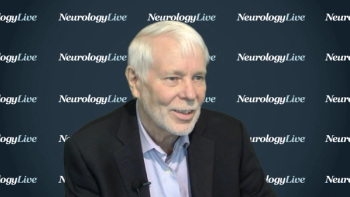
The chairman of the Department of Neuroscience at the Lerner Research Institute spoke about what the implications of the new subtype of MS could be in the understanding of the disease.

The FDA designation was granted to the SK channel modulator after it showed promise in preclinical and phase 1 studies. Cadent Therapeutics is planning a phase 2a trial for the latter half of 2019.

The findings from an analysis of more than 2000 plasma samples suggest that levels of low-density lipoprotein cholesterol, independent of APOE, are associated with early-onset Alzheimer disease—and that the APOB gene may play a role.

Pfizer reported that the study did not meet its primary endpoint, with no statistically significant reduction in seizure frequency recorded with pregabalin versus placebo.
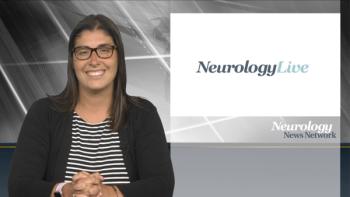
Neurology News Network for the week ending June 1, 2019.
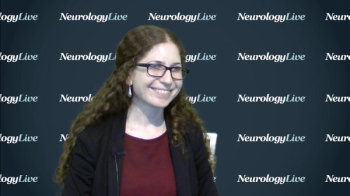
The MS neurologist at Cleveland Clinic’s Lou Ruvo Center for Brain Health discussed how leveraging real-world datasets can help reduce indication bias when comparing treatments for multiple sclerosis.

Patients with favorable prognostic profiles or relapsing-remitting MS are the least likely to initiate high-efficacy disease-modifying therapies recommended by their physician, with many patients citing access challenges.
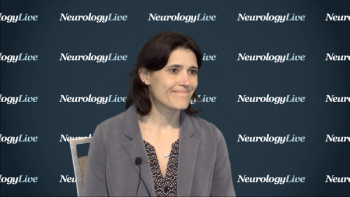
Despite high rates of depression in MS, picking up on signs that an individual may be at risk for suicide can be difficult. The staff neurologist at Cleveland Clinic’s Mellen Center discussed some of the red flags.

Results of a pooled analysis of 3 clinical trials suggest that the magnitude of fingolimod’s treatment effect in MS is not affected by the presence of migraine or headache in patients.

The MS neurologist at Cleveland Clinic’s Lou Ruvo Center for Brain Health spoke about the factors that should be taken into account when making treatment decisions in MS, such as tolerability, affordability, and the desire to start family planning.

Data from 5 clinical trials and their extensions along with 1 real-world study suggest that treatment with teriflunomide can help patients of varying ages maintain low annualized relapse rates and stable EDSS scores.

Diroximel fumarate may be an effective treatment option in both newly diagnosed and interferon/glatiramer acetate switch patients. Interim results show it significantly reduced disease activity and was well tolerated, with low rates of gastrointestinal adverse effects leading to treatment discontinuation.
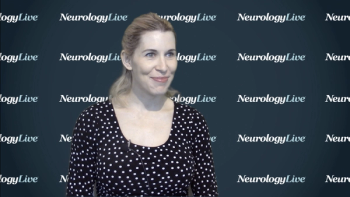
The podiatrist and CEO of Naboso Technology spoke about the potential of simple textured insoles to improve gait, posture, and balance in patients with MS experiencing ambulation issues.

In an interview with NeurologyLive, the vice president of neurosurgery at INSIGHTEC spoke about the clinical impact that the Exablate Neuro device has had on the treatment of tremor since its FDA approval.

Follow-up data extending out to 8 years suggest that both clinical and MRI outcomes are better with alemtuzumab (Lemtrada) than interferon beta-1a in patients with relapsing-remitting multiple sclerosis.
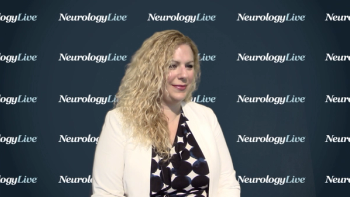
The Director of Behavioral Medicine at the Mellen Center for MS Treatment and Research at the Cleveland Clinic spoke about how she approaches fatigue in MS from a behavioral standpoint.